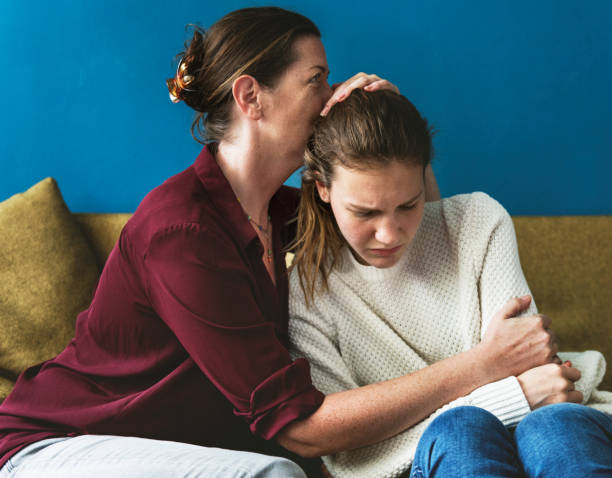Searching for funeral homes Richland, PA, and losing someone close to the heart can afflict us in a multitude of ways. It’s like losing a part of the body and the void it creates may never heal. While some people can recover from the loss on their own, should they adopt healthy habits and have social support, many still require special therapy sessions to get past the grief.
The unpredictable nature of grief makes it tough to differentiate between the feelings of grief and sorrow and the symptoms of “clinical depression.” The latter needs to be diagnosed and treated on time to help you get past the grief quickly.
When to Seek Grief Counseling
Remember, being unhappy isn’t the same as being clinically depressed. If you’re experiencing any of the below symptoms, consider seeking professional support sooner than later.
Hopelessness and despair engulf you. Clinical depression affects how you feel and look at life in general. Feeling that nothing would be normal again and you’d never be able to move on with your life. You no longer feel motivated to carry out the daily tasks and are always consumed by your feelings.
Finding it difficult or at times impossible to get a full night’s sleep and get out of bed. Always feel tired or exhausted and have stopped doing things you enjoy due to lack of energy. These are the most debilitating symptoms of depression and are associated with insomnia.
Preferring to avoid friends and family and skipping social gatherings. Isolating yourself and refusing to talk about your emotions or how the loss has affected you.
Increased irritability in your behavior. Getting triggered on trivial matters, bouts of misplaced anger, and little patience are common signs of irritability in both men and women.
Overwhelmed by uncontrolled emotions. You’re crying one minute and getting extremely angry the next. You lose control over emotions and feel inundated by a rollercoaster of painful feelings even weeks after the loss of the loved one.
Clinical depression may take out the pleasure from hobbies and/or activities you once enjoyed doing. You prefer to stay in your room and have lost interest in your favorite sports and hanging with your friends.
Depression can also take a toll on your weight and appetite. It may vary from person to person, some people might gain weight from depression and anxiety, while others may lose it. The indicator is that these fluctuations are not intentional and you’re not doing anything specific to lose or gain weight. The same can be said for dietary changes. One may experience an increase in appetite while the other experience decreased appetite. Both dietary changes and weight fluctuations complicate each other.
Understanding these signs is important to save yourself from plunging into complicated grief and/or clinical depression. If any of the above systems persist for a longer duration, consult a professional bereavement support organization right away to combat feelings of despair, sorrow, grief, and depression and bring back positivity in your life. Your grief begins at funeral homes Richland, but it doesn’t end there.


